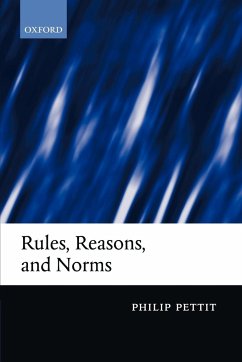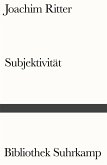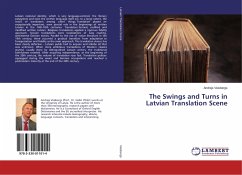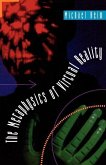The second is that while human choice may be sensitive to discursive reasons, as we would expect in a thinking subject, it can at the same time be subject to the control - the virtual control, in the model developed here - of rational self-interest. And the third is that the rational interest of agents in achieving esteem in the eyes of others, and in avoiding disesteem, exercises a virtual form of control that can explain the emergence of norms and various other aspects of social life.
Pettit presents a selection of essays touching upon metaphysics, philosophical psychology, and the theory of rational regulation. The first part of the book discusses the rule-following character of thought. The second considers how choice can be responsive to different sorts of factors, while still being under the control of thought. The third examines the implications of this view of choice and rationality for the normative regulation of social behavior.
Hinweis: Dieser Artikel kann nur an eine deutsche Lieferadresse ausgeliefert werden.
Pettit presents a selection of essays touching upon metaphysics, philosophical psychology, and the theory of rational regulation. The first part of the book discusses the rule-following character of thought. The second considers how choice can be responsive to different sorts of factors, while still being under the control of thought. The third examines the implications of this view of choice and rationality for the normative regulation of social behavior.
Hinweis: Dieser Artikel kann nur an eine deutsche Lieferadresse ausgeliefert werden.








